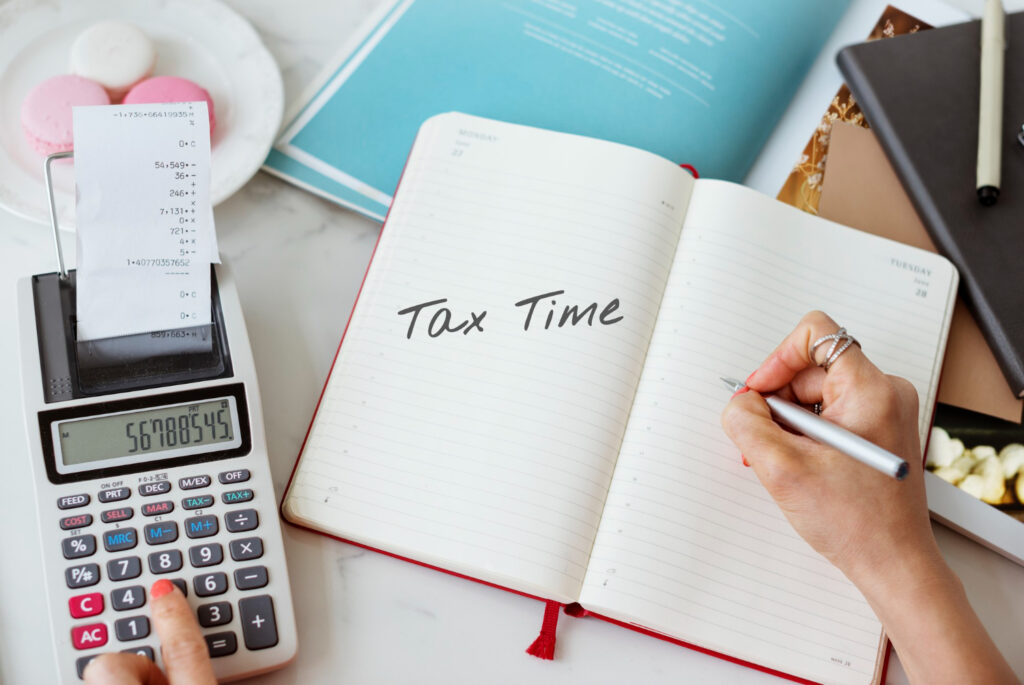Varieties of provisions under the Indian Income Tax Act ensure deductions and allowances are available to the taxpayers, thereby reducing their tax liability with a view to providing transparency in their income reporting. For this purpose, the key provision is Section 16, which gives certain deductions from the taxable income of an employee under the heading “Salaries.” The subsequent discussion carried out in the ensuing article will dwell on provisions and nuances relating to Section 16 of the Income Tax Act and throw light on its subsections and the benefits accruing to the taxpayers.
Section 16 of the Income Tax Act – An Overview
Section 16 of the Income Tax Act has a very significant role in granting deductions to the employee for reduction in his taxable income. Such types of deductions under this section are permitted to the employees for some specific expenditures or allowances regarding their employment. The key deductions under Section 16 are as under:
- Standard Deduction
- Entertainment Allowance
Tax on Employment – Professional Tax
The provisions ensure that the correct amount of taxable salary is computed and that the very same taxpayer would be allowed to claim benefits that provide for job-related expenses.
Break Up of Section 16 of Income Tax Act
Let us dissect each sub-section and see what it offers:
Section 16(ia): Standard Deduction
The standard deduction was given to introduce a new regime that replaced the travel allowance and the medical reimbursement with which the salaried employees were regular, and it did succeed in making the thing hassle-free.
Amended, a sum of ₹ 50,000 is allowed as a standard deduction from the total taxable salary of an assessee.
The very justification of the standard deduction allows employees to get out of the headache regarding overall tax payable without the hassles of generating detailed proofs of expenses.
The standard deduction under Section 16(ia) now applies to all employees, both public and private sector.
Entertainment Allowance: [Section 16(ii)]:
Entertainment allowance: This is the type of allowance available to the employees mainly to the government employees. It is an additional allowance that accrues for meeting the expenditure arising from entertaining clients or guests regarding one’s job.
Although this allowance forms a part of an employee’s salary, a deduction is available to government employees under Section 16(ii). As far as private sector employees are concerned, no such deduction for the entertainment allowance is available.
The exemption for entertainment allowance is limited to the lesser of the following:
₹ 5,000
20% of the basic salary
The actual entertainment allowance received
This seems an amount to replace a part of certain expenditure that one incurs in discharging the duties.
Tax on Employment- Section 16(iii)
Section 16(iii) of the Income Tax Act allows a deduction in respect of any tax on employment or professional tax paid by an employee to the state government.
Professional tax is the tax levied by a state on the income of salaried employees, professionals, and traders. You can deduct the actual amount of professional tax you paid during the financial year.
All salaried individuals can claim this deduction, but only to the extent they have paid the tax.
Concept of Deduction under Section 16 of the Income Tax Act
Deductions under Section 16 aim at reducing the taxable salary income and consequently decreasing the tax liability of salaried employees. These are deductions on specific allowances that ensure employees pay taxes only on their net income after accounting for work-related expenses.
Detailed Explanation of Key Concepts:
1. Section 16 A and Standard Deduction
The most common deduction that salaried employees claim is under the head of standard deduction provided under Section 16 A. This deduction was reinstated in the budget of 2018-19 after this had been removed for a few years. Standard deduction was increased by the government to ₹ 50,000 from ₹ 40,000 on account of increased living costs and thereby inflation. This will be like soothing balm to the salaried class. When you file your income tax return, the system automatically applies this deduction. You don’t need to provide any additional documentation.
2. Entertainment Allowance Is Applicable To:
Government employees can claim a deduction for entertainment allowance. Private sector employees cannot deduct entertainment allowance. While the allowance amount may be part of the salary package for such employees, the tax deduction concept offers relief for expenses a government employee is likely to incur while providing hospitality to guests or clients during official duties. However, the underlying conditions to claim this allowance are pretty restrictive, and it allows a maximum deduction of only ₹ 5,000 per year or 20% of the employee’s basic salary, whichever is smaller.
3. Tax on Employment under Section 16(iii):
State governments impose professional tax. Employers must deduct this tax from their employees’ salaries and deposit it with the state government. Maximum deduction under Section 16(iii) The actual amount of professional tax paid during the financial year. Professional tax is mandatory for salaried and self-employed people in some states.
Other Important Sections Involved under Section 16:
TDS Section:
Understanding Deduction U/S 16 In simple terms, Deduction U/S 16 refers to the deductions under Section 16 of the Income Tax Act. These deductions are available only to salaried employees and aim to lower the taxable salary. Whether it’s a standard deduction, entertainment allowance, or professional tax, each deduction serves a purpose to ensure the computation of taxable income is accurate and transparent.
Salaries: Benefits of Section 16 of the Income Tax Act
The various deductions under Section 16 have manifold benefits to the individual earning a salary, namely:
Reduces Taxable Income: Standard deduction, entertainment allowance, and professional tax reduce taxable income and taxes.
Ease of Compliance: The provisions contained in Section 16 are easy to understand and implement. The system automatically allows the standard deduction, and employees do not need to provide detailed expenses.
Section 16 deductions offer relief to salaried employees for expenses related to their employment.
Conclusion
Thus, Section 16 of the IT Act becomes an enabling provision that ensures the salaried individual gets due deductions on his taxable income. The Act has given some relief for those surviving on salary income, by way of allowing allowances like the standard deduction under Section 16(ia), the entertainment allowance, and professional tax deduction. Section 16 deductions reduce tax liability and ensure fairness for taxpayers.
Section 16 knowledge helps salaried employees save taxes by understanding deductions.
Also Read : Professional Tax: What It Is, Slab Rates & Due Date

